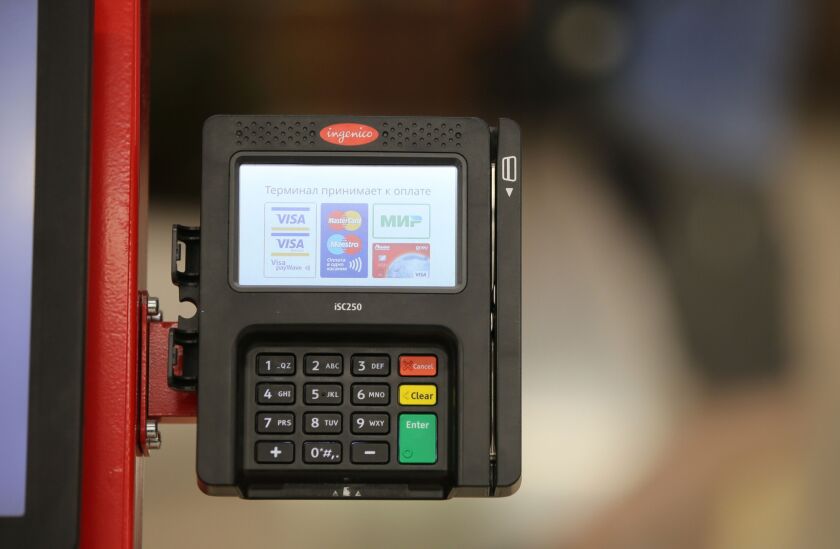Square's gross payment volume tumbled by 15% year-over-year due to COVID-19’s impact, but revenue jumped as online selling rose, Cash App doubled in users and Square enabled almost $900 million in PPP loans.
The point of sale terminal industry was already under pressure to go digital before the coronavirus pandemic made this transition much more crucial to its survival.
Western Union confirmed yet again that for a payments company to survive the coronavirus pandemic, it needed to enter the crisis with a strong footing in digital payments.
Payment processor Elavon purchased Sage Pay four months ago, completing the acquisition on March 11. Two days later, Elavon's entire workforce was operating remotely as the coronavirus forced it into lockdown.
The six largest credit card issuers have set aside billions of dollars worth of reserves in response to the novel coronavirus as well as the adoption of the Financial Accounting Standards Board’s new credit losses standard.
The major card networks have heavily invested in broader services as transaction processing loses its luster, a strategy that’s provided a ray of hope as retail and travel industries remain sidelined.
This personal funding has blurred the line between personal and business finances more than ever.
MoneyGram International's digital transformation came at just the right time, considering walk-in traffic at MoneyGram locations in certain regions of the world was stymied for months by the coronavirus pandemic. But for many people, digital is still no replacement for the human touch.
Cash usage dropped much lower due to the coronavirus pandemic, and it appears that credit cards may be exhibiting some signs of abandonment as well.
Mastercard reported a sharp decline in payments in its most recent quarter, but some digital seeds it planted before the coronavirus pandemic are already bearing fruit.














